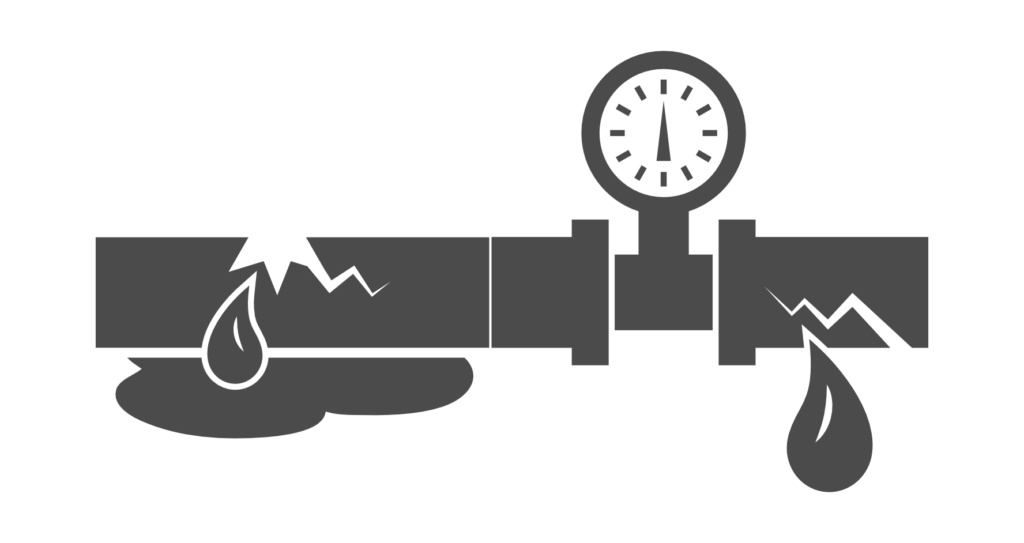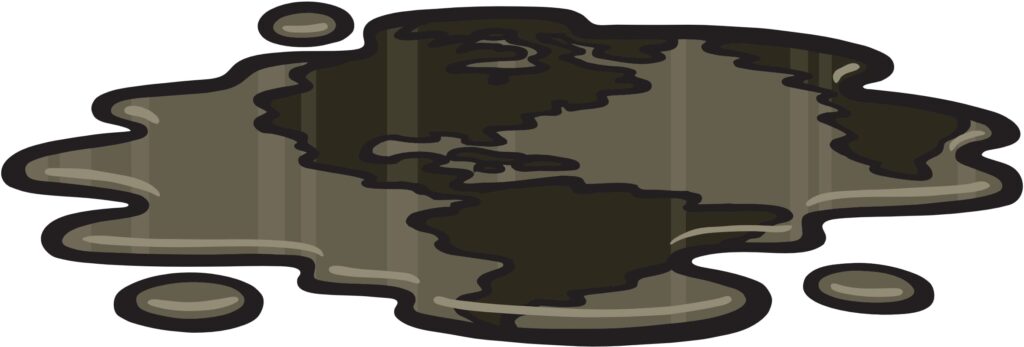Escape of Oil
An escape of oil can often go undetected for a prolonged period of time. It can quickly soak into the soil and spread rapidly into nearby structures including the home or property itself. No matter how big or small it is, any oil leakage is a complex matter. It is also a danger due to being combustible and must be dealt with rapidly to prevent and minimise damage to your home/property and the environment.
There can be many causes of oil leakage such as a leaking oil burner, a split oil tank, a leaking oil line to name but a few. Left untreated it can have long term effects on the foundations, floors or even the walls of a property.
What to look out for?
You may notice:- Oil patches below or surrounding the tank
- Discolouration to grass below or around your tank
- A strong smell of oil
- Splits in plastic tanks or rust patches in metal tanks
- An obvious visible leak
- Taste or smell of oil from tap water
- An obvious loss of oil from your tank
What to do after finding an oil leak?
- Attempt to identify source of leak and, where possible, turn off the supply to stop the flow
- Place bucket or container to catch dripping oil, if possible, to contain the spillage and mitigate the damage
- Place sand or any absorbent material over oil spill to stop spread and prevent it from entering water sources or drains
- Never try to wash away the oil as this will only spread it and cause further contamination and pollution


How Can We Help?
When you contact Mc Carthy Loss Assessors we will meet with you at your property to view the damage, review your policy and ascertain your level of cover.
We will notify the insurance company of the claim on your behalf.
We will meet and liaise, on site, with the loss adjuster who represents your insurance company.
Investigations will be required from oil remediation experts who will:
- Carry out a thorough survey of the damage to your home/property
- Analyse air quality in the property Check the surrounding terrain for soil contamination
- Obtain and analyse soil samples, internally or externally where appropriate, to determine the levels of Petroleum Hydrocarbons present
- Provide a report with detailed findings, recommendations and quotations for remedial works




